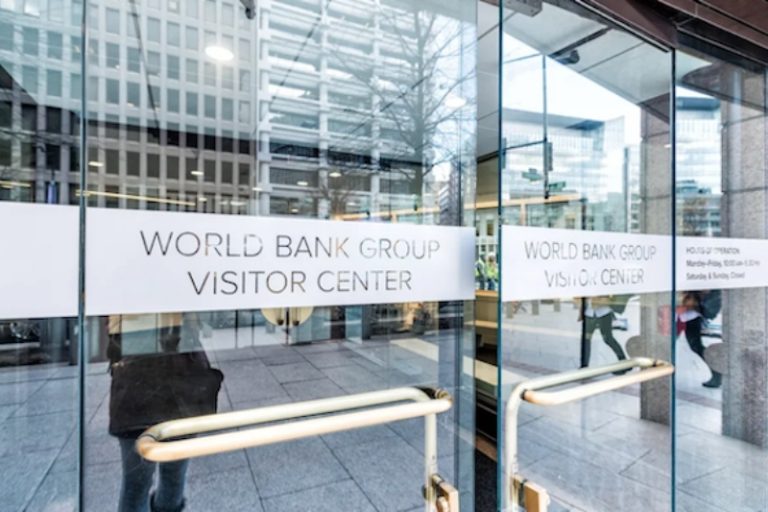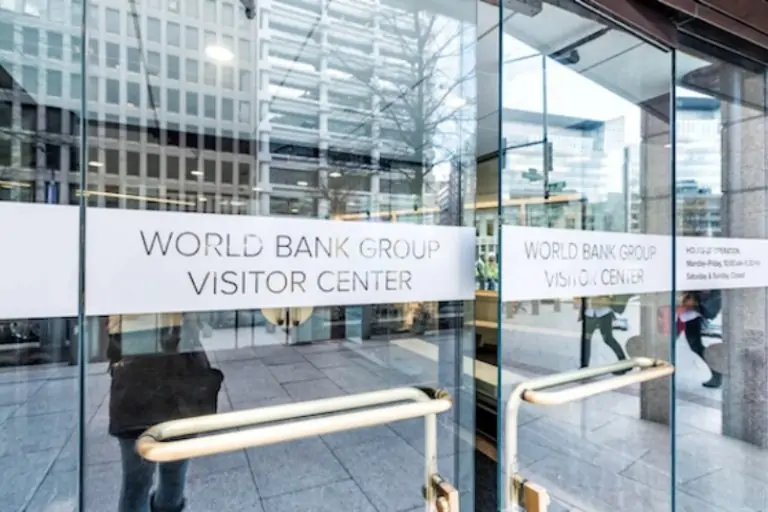

the world bank halts a $150 million tourism project in tanzania following reports of rights abuses against indigenous communities.
Last updated on April 25th, 2024 at 12:11 pm
The World Bank has decided to suspend funding for a $150 million tourism project in Tanzania amidst allegations of widespread rights abuses against local villagers. The project, aimed at enhancing natural resource management and tourism assets in a remote region of southern Tanzania, faced criticism from the Oakland Institute, a California-based rights group, for its detrimental impact on marginalized communities.
The Oakland Institute has been at the forefront of advocating for the cessation of funding for the project, known as REGROW, citing documented instances of rights violations suffered by Indigenous communities in the project area. The group’s reports highlighted cases of extrajudicial killings, sexual assaults, and forced displacement orchestrated by Tanzanian authorities in connection with the expansion of Ruaha National Park, a focal point of the REGROW initiative.
In response to mounting pressure, the World Bank initiated a review of the allegations and confirmed the suspension of further disbursements to the REGROW project. The lender emphasized its commitment to upholding environmental and social standards, stating that funding would remain on hold until it was confident in the project’s adherence to these standards.
Anuradha Mittal, executive director of the Oakland Institute, hailed the World Bank’s decision as a triumph for marginalized communities in Tanzania. Mittal emphasized the message she sent to the Tanzanian government about the consequences of rights abuses linked to tourism-driven development initiatives, expressing hope that impunity would no longer be the norm.
Despite the suspension of funding, concerns persist regarding the welfare of affected communities and the broader implications for Tanzania’s tourism-dependent economy. The episode underscores the delicate balance between development aspirations and human rights considerations, highlighting the need for robust oversight and accountability mechanisms in development projects.
The Oakland Institute’s investigations uncovered disturbing patterns of abuse, including disappearances, extrajudicial killings, and sexual assaults allegedly perpetrated by park rangers. Restrictions on land use and the seizure and auction of livestock inflicted severe economic hardships on local communities, exacerbating tensions and deepening mistrust towards government authorities.
Tanzania’s heavy reliance on tourism revenue underscores the ethical complexities inherent in balancing economic development with human rights and environmental conservation. The suspension of the REGROW project reflects broader debates surrounding the sustainability and inclusivity of tourism-driven growth models, prompting a reevaluation of priorities and policies within Tanzania’s development agenda.
The World Bank’s decision to suspend funding serves as a wake-up call for international development institutions to prioritize human rights and community well-being in project implementation. Moving forward, stakeholders must engage in transparent dialogue and collaborative efforts to address systemic challenges and ensure that future initiatives promote equitable and sustainable development outcomes for all Tanzanians.
While the World Bank’s action marks a significant step towards accountability, attention now turns to the Tanzanian government’s response to the allegations of rights abuses. Calls for independent investigations, reparations for affected communities, and reforms to safeguard against future violations echo both domestically and internationally, emphasizing the imperative of upholding human rights standards in all facets of governance and development.
Africa is taking big steps by entering the global green technology manufacturing market to stop being just a supplier of…
Two mobile telecom leaders, MTN Group and Airtel Africa, joined forces to create a new digital infrastructure system throughout African…
South African President Cyril Ramaphosa defended his nation against claims of white discrimination made by tech magnate Elon Musk. After…
Hilton launched Signia by Hilton for its first appearance in Egypt and Africa through its hotel expansions. These hotels at…
UNICEF reported that, nearly 2900 people died of cholera across Eastern and Southern African countries while children suffer most greatly…
Enza, based in the United Arab Emirates, obtained $6.75 million in initial investment funding from Algebra Ventures and Quona Capital.…
This website uses cookies.